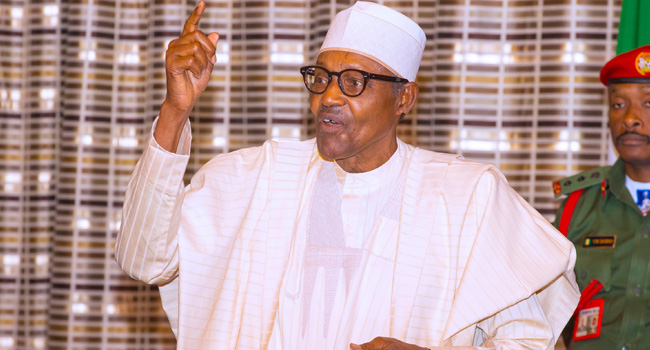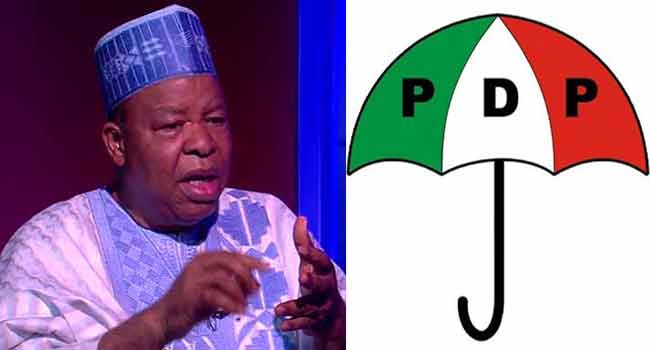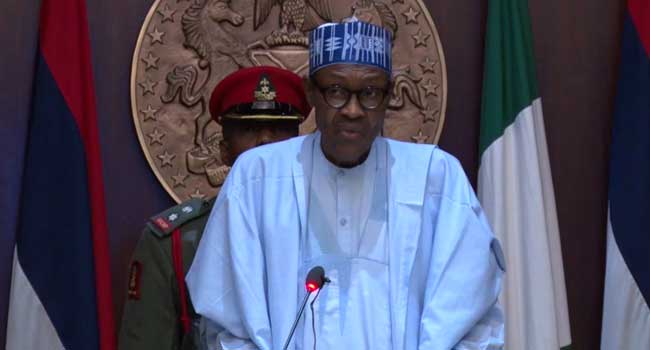
Former President Goodluck Jonathan believes the decision to postpone the 2015 general elections yielded the desired result for the country.
He stated this in his new book, ‘My Transition Hours’, which launched on Tuesday in Abuja.
Despite the widespread criticism that greeted the postponement of the polls, Jonathan insisted that the decision was in the interest of the country.
He said, “The six weeks served us well. We conducted the elections peacefully, even if there were issues raised about its fairness.
“At least, the nation was relieved that the election held peacefully and that there was no post-election violence.”
Jonathan explained that the elections were postponed due to security concerns and the need for the electorate to get their Permanent Voter’s Cards (PVCs) to be eligible to cast their vote.
RELATED
Jonathan Accuses Obama Of Working For His Defeat In 2015
Buhari Praises Jonathan For Conceding Defeat In 2015
Oshiomhole, Akpabio, Former Heads Of State Attend Jonathan’s Book Launch
He said the decision was not taken by him, but by the highest decision-making body in the land – the Council of State, which comprises the sitting and former Presidents, as well as former Chief Justices of Nigeria among others.
The former President condemned the claims that the elections were postponed because of selfish interests as reported in some quarters.
According to him, the rescheduling sparked reactions from some other nations which one would wonder if the concerns were raised in the interest of the Nigerian people.
“The foreign pressure on the issue of election rescheduling was intense,” said Jonathan who added, “They maintained the curious posture of one who had been deceived before and therefore had every reason to cede no credence to our position. But there was no reason to have such a posture.”
He claimed, “The United States and the United Kingdom were especially agitated. David Cameron, then the U.K. Prime Minister, called to express his concern about the election rescheduling, just as (former U.S. Secretary of States) John Kerry came from the United States to express further worry.
“It was at best unusual and sobering. In fact, John Kerry did not accept our reasons for the rescheduling. It was unbelievable because at the back of our minds we knew why the agitation was beyond what meets the eye. There were deeper political interests.”
Jonathan pointed out that the Council of State meeting where the decision to reschedule the elections was taken was attended by almost all the living former Heads of State of the country.
This, he said, should have convinced Kerry of the good intentions of the government, noting that “he (Kerry) cannot claim to love and defend Nigeria more than all our former heads of state present at the meeting.”
The former President was, however, delighted that despite the pressure, the military dealt “a deserving blow on the terrorists and repossessed all territorial areas of Nigeria previously occupied by the terrorists.”
He added that Boko Haram was deflated up to the point he handed over to President Muhammadu Buhari on May 29, 2015.
Jonathan’s defeat in 2015 marked the first time an incumbent president would lose a re-election in Nigeria.



